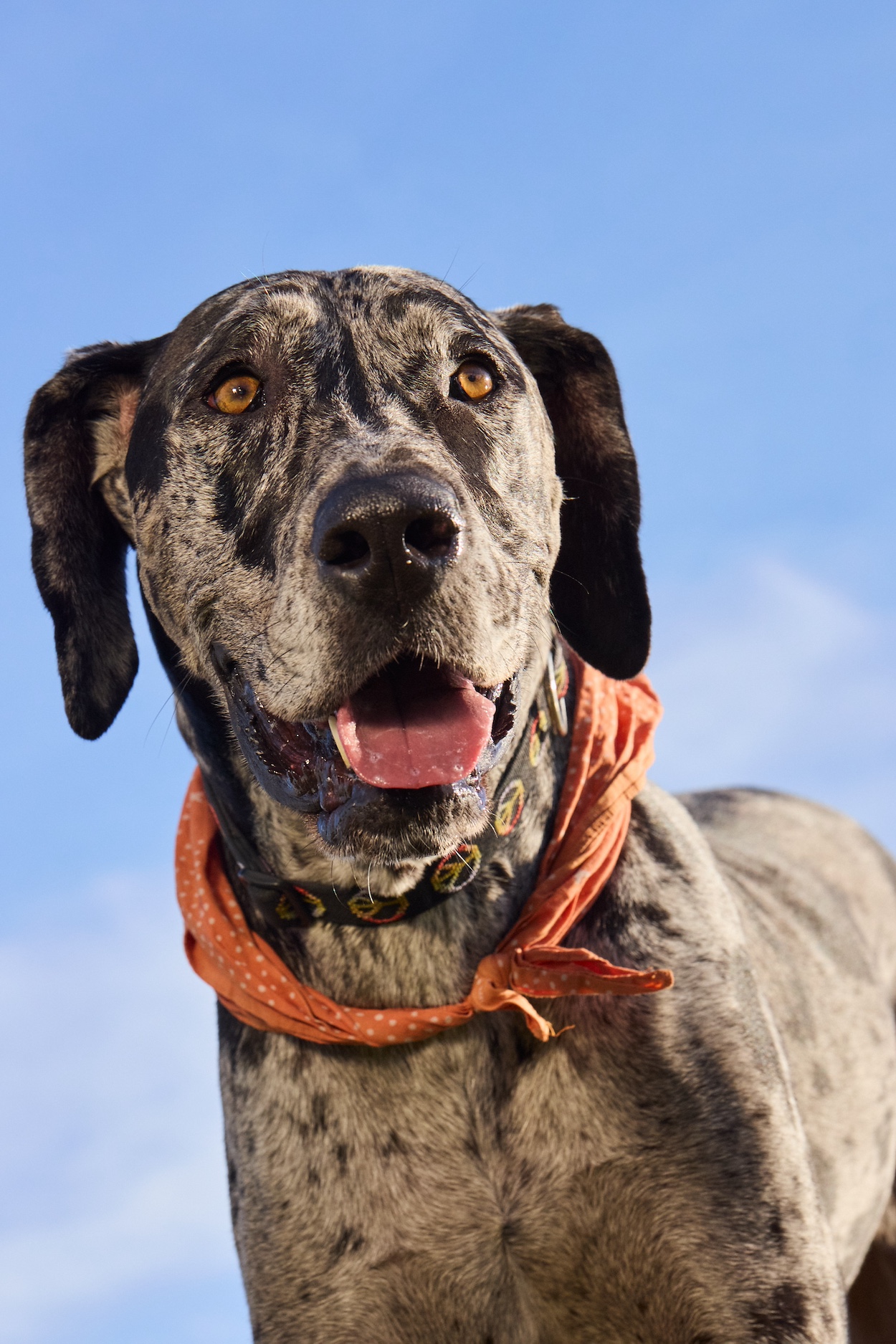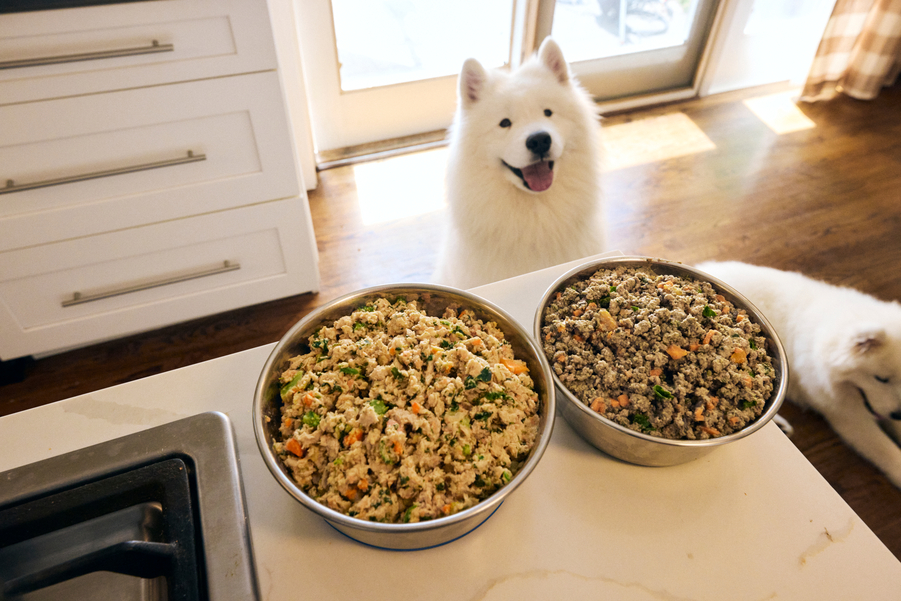
When you pick up a package of your dog’s food, or do research about how to care for them, you may find yourself overwhelmed by an alphabet soup of acronyms whose significance is not immediately clear. What does this deluge of letters mean for your dog’s health, and how can they help you evaluate pet food? Here’s a primer.
WSAVA
The World Small Animal Veterinary Association (WSAVA) is a global organization that provides many resources for veterinarians and pet owners, including guidelines for selecting pet foods. These guidelines focus on companies’ nutritional expertise, food safety, and quality-control practices, along with whether they are active in nutrition research. The Farmer’s Dog human-grade food products and manufacturing processes meet or exceed WSAVA’s guidelines for selecting pet foods. Here are the details.
The Farmer’s Dog is also a WSAVA Diamond Partner, helping support the organization’s efforts to improve the health and wellbeing of companion animals and the veterinarians who treat them.
AAFCO
The Association of American Feed Control Officials (AAFCO) is a private, voluntary-membership organization in North America that deals with animal-feed regulations, including those for pet food. Every recipe from The Farmer’s Dog is formulated by board-certified nutritionists to be complete and balanced for dogs in all stages of life, from puppies to seniors.
DACVN and DACVIM (Nutrition)
DACVN stands for “Diplomates of the American College of Veterinary Nutrition,” while DACVIM stands for “Diplomates of the American College of Veterinary Internal Medicine (Nutrition).” The latter term means the same thing as the former; veterinary nutritionists who previously had DACVN next to their names now have DACVIM. The change took place in 2021, when the American College of Veterinary Nutrition merged with the American College of Veterinary Internal Medicine.
Vets with these credentials are Board-Certified Veterinary Nutritionists® , and qualified to formulate pet food. Anyone can call themselves a “nutritionist”—but to become a Board-Certified Veterinary Nutritionist®, a person must earn a veterinary degree, gain clinical experience via an internship or several years of practice, and complete a residency of at least two years—then pass a test. That’s a high bar to clear, which is why there are very few board-certified veterinary nutritionists in the United States. There are only around 100, and four of them work for The Farmer’s Dog. Board-certified nutritionists formulate every one of our recipes.
DVM and VMD
A DVM is a doctor of veterinary medicine. Your dog’s veterinarian is probably a DVM, which means that they’ve earned a degree from an American veterinary school. You might also come across a VMD. This stands for the Latin “Veterinariae Medicinae Doctoris,” which means… “doctor of veterinary medicine.” If you see “VMD” on your vet’s degree, know that their qualification is equivalent to that of a DVM—they just went to the University of Pennsylvania, which puts the letters in a different order. The Farmer’s Dog has DVMs on staff to make sure that dogs’ health comes first in everything we do.

AVMA
The AVMA is the American Veterinary Medical Association. The nonprofit organization advocates for the interests of veterinarians and the animals they care for. They offer educational programs for professionals, issue position statements on best practices in the field, and uphold ethical standards.
AAHA
The American Animal Hospital Association (AAHA) accredits veterinary practices in the United States and Canada. AAHA accreditation is not legally required, but accredited practices must meet a set of standards regarding doctors’ qualifications, facilities, services offered, and protocols. So there’s not anything wrong with a vet not having AAHA accreditation—many great practices simply choose not to go through the process—but its presence is an extra sign that they have cleared certain bars.
APOP
APOP is the Association for Pet Obesity Prevention, an organization working to promote healthy body condition in pets—an important mission considering that nearly six in ten American dogs are overweight or obese, and that dogs in healthy body condition can live 2.5 years longer than those carrying extra pounds. As a charter sponsor, The Farmer’s Dog supports APOP’s crucial work. And our product is designed with weight maintenance and longevity in mind—the food comes pre-portioned for each dog’s individual caloric needs, making it easier to keep them lean, healthy, and happy.




